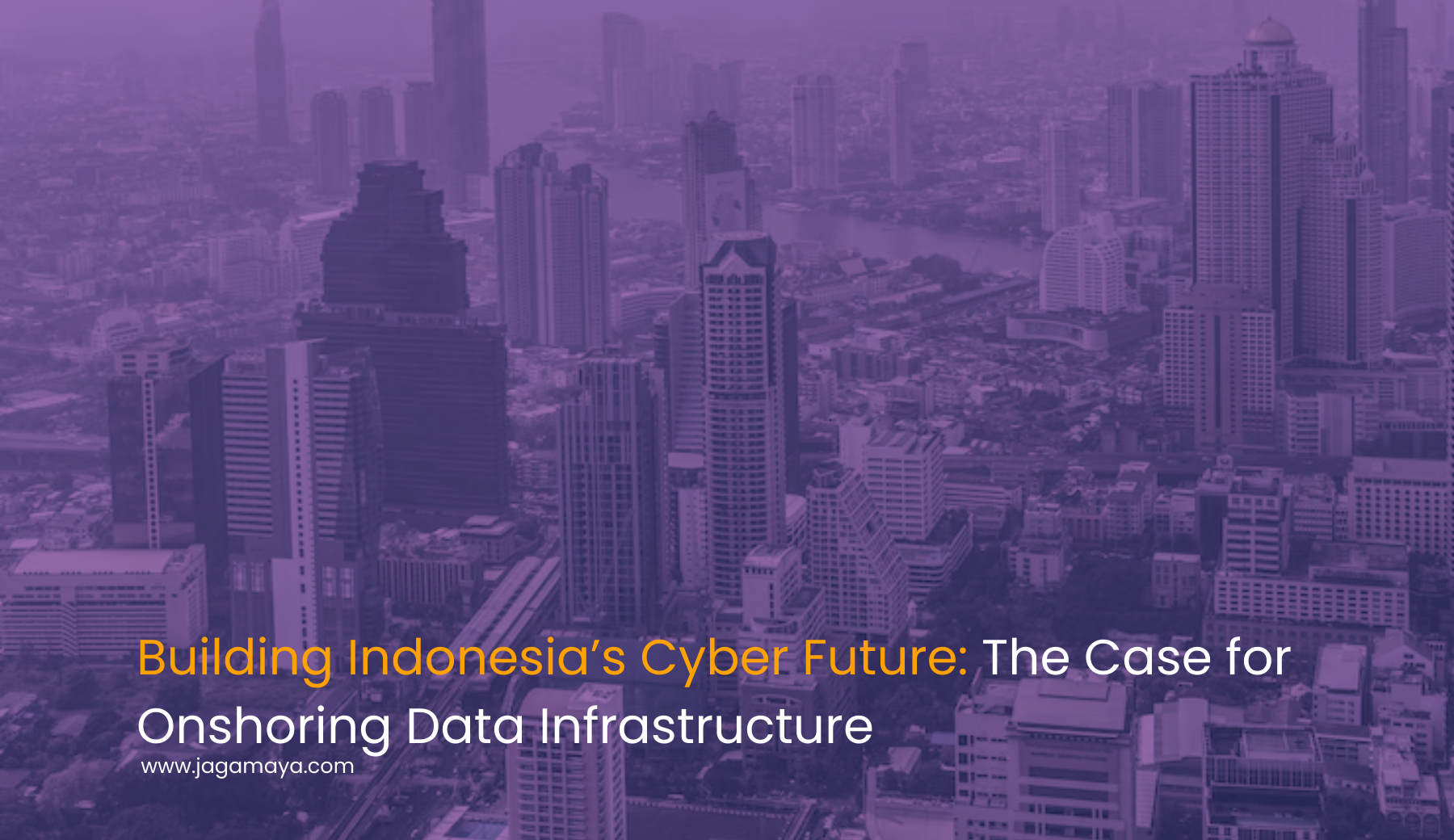As Indonesia accelerates its digital transformation, the imperative to secure its cyberspace becomes increasingly critical. Central to this endeavor is the strategic move towards onshoring data infrastructure—a policy direction that ensures data generated within the country is stored and processed domestically. This approach not only fortifies national cybersecurity but also aligns with Indonesia’s broader goals of data sovereignty and economic resilience.Intimedia
Understanding Onshoring and Its Significance
Onshoring data infrastructure involves the localization of data storage and processing facilities within national borders. This strategy is pivotal for several reasons:
- Enhanced Data Security: Storing data domestically reduces exposure to foreign cyber threats and surveillance, allowing for better control over data access and protection.
- Regulatory Compliance: Indonesia’s Government Regulation No. 71 of 2019 mandates that public electronic system operators store and process personal data within the country, reinforcing the need for onshoring strategies.
- Economic Growth: Developing local data centers stimulates job creation, attracts foreign investment, and fosters technological innovation. LinkedIn
Aligning with Data Sovereignty Goals
Data sovereignty—the principle that data is subject to the laws and governance structures within the nation where it is collected—is a cornerstone of Indonesia’s digital policy. By onshoring data infrastructure, Indonesia ensures that sensitive information remains under national jurisdiction, thereby strengthening its control over data governance and privacy.
Addressing Cybersecurity Challenges
Indonesia’s rapid digitalization has been accompanied by a surge in cyber threats, including data breaches and ransomware attacks. Onshoring data infrastructure enhances the nation’s ability to:
- Implement Robust Security Measures: Localized data centers can be equipped with advanced cybersecurity protocols tailored to the specific threat landscape.
- Facilitate Swift Incident Response: Proximity of data storage allows for quicker detection and mitigation of cyber incidents.
- Ensure Compliance with the Personal Data Protection Law: Enacted in October 2024, this law requires data controllers to conduct impact assessments and implement measures to protect personal data. Digital Policy Alert
Economic and Strategic Benefits
Beyond security and compliance, onshoring data infrastructure offers significant economic and strategic advantages:
- Job Creation: The development of data centers and related infrastructure generates employment opportunities across various skill levels.
- Attracting Investment: A robust and secure digital infrastructure makes Indonesia an attractive destination for foreign direct investment in the tech sector.
- Technological Advancement: Local data centers serve as hubs for innovation, fostering the growth of domestic tech companies and startups.
Conclusion
Onshoring data infrastructure is a strategic move that aligns with Indonesia’s objectives of enhancing cybersecurity, asserting data sovereignty, and driving economic growth. By investing in localized data storage and processing capabilities, Indonesia positions itself to navigate the complexities of the digital age with greater resilience and autonomy.


Leave a Reply